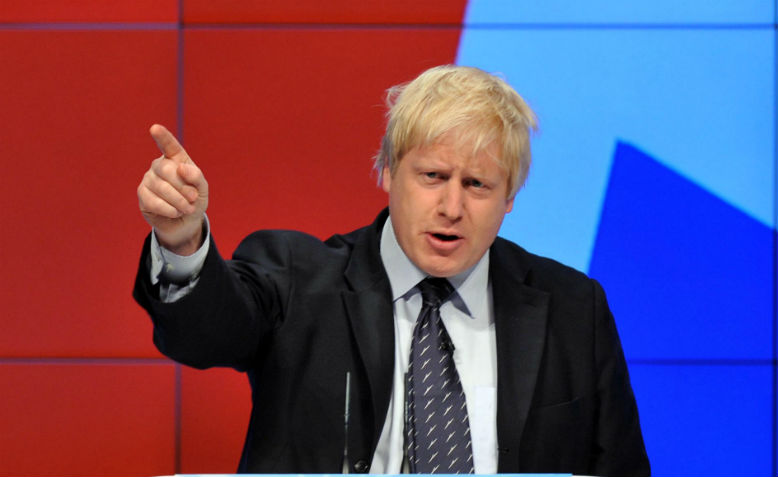
Boris Johnson is setting up a war cabinet, but at the same time has exposed just how crisis-ridden his government is from day one, argues Martin Hall
There are a couple of different interpretations of Johnson’s cabinet, and neither of them point to stability and success.
The principal recipients of Johnson’s largesse are from the pro-Brexit Tory right: we have Dominic Raab in at the Foreign Office, having resigned from his post as Brexit Secretary in November last year. We have the extremely right wing Priti Patel in at the Home Office, having been forced to resign from her role as International Development Secretary in 2017 following revelations that she’d breached the ministerial code due to having secret meetings with the Israeli government.
Also being rewarded – in this case back from a sacking – is Gavin Williamson, who is now being let loose on the country’s education system, having been a hawk-like figure as Defence Secretary, where he had a somewhat inflated sense of Britain’s role in the world. Sajid Javid moves to the Treasury, presumably based on the fact that as a remain campaigner he’ll do a better job of keeping British business in check as Johnson attempts to negotiate a better Brexit deal. He won’t of course, for reasons we’ll look at below.
Overall, there were 18 ministers removed in one way or another this week. What signals are being sent out, and what does this all mean for Brexit, and for the longevity of this government?
First, the make-up of Johnson’s cabinet suggests he thinks that a right wing pro-Brexit cabinet will somehow have more chance of getting a better deal in Brussels.
It won’t. This is grandstanding. Having more of a desire for a thing won’t make it happen.
Even if did, there’s still no chance of the parliamentary arithmetic adding up to get it through.
What the cabinet does do is increase the likelihood of success of a Labour no confidence motion as the end of October draws nearer, as Johnson’s sending out very clear messages to the ‘wets’ (to borrow an old term) and their many backers in business, Britain’s institutions and the permanent state that they and their political positions have no future in an administration led by him.
By next week, following the Brecon by-election, his majority (only existing of course because of the DUP) will likely be down to one.
As the likelihood increases of Tories defecting to the Lib Dems, or forming small pro-EU sections within the party and voting against the whip, he may not have one at all by the time parliament reconvenes.
Second, the argument can be made that Johnson is setting up a war cabinet.
He will attempt to get a new deal in Brussels and fail. It’s then quite likely that he’ll call a general election as it becomes clear that parliament will prevent no deal. There is more than one way of this happening.
In it he will ask for a new mandate for Brexit, and will attempt to turn the election into a de facto second referendum.
If Labour decide the way to fight that is on his terms, make it about Brexit and campaign to remain, it will be a disaster. It will lose seats, not win the majority of its target seats, and simply shore up its vote in the cities. It will leave the field open for the Tories and the Brexit Party to paint themselves as the defenders of democracy.
Instead, Labour must centre austerity and the needs of working people; re-nationalisation; a green new deal; productivity and jobs; the National Education Service; a turn away from Trump and war in Iran, and all the other economic plans it’s been sketching out. It must lay bare the disaster of Tory rule, and make the argument that what Johnson hopes to do is use Brexit to buy off a layer of British business by giving it access to what remains of the public sector in the event of a Tory Brexit.
It can’t do that if it’s spending its time arguing to stay in the EU and attempting to overturn the largest democratic mandate in the country’s history.
This week of protests should give all opposed an opportunity to raise their voices.
Johnson out. General election now.

